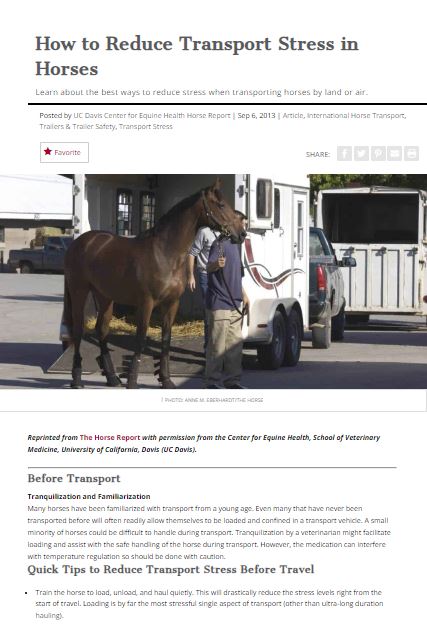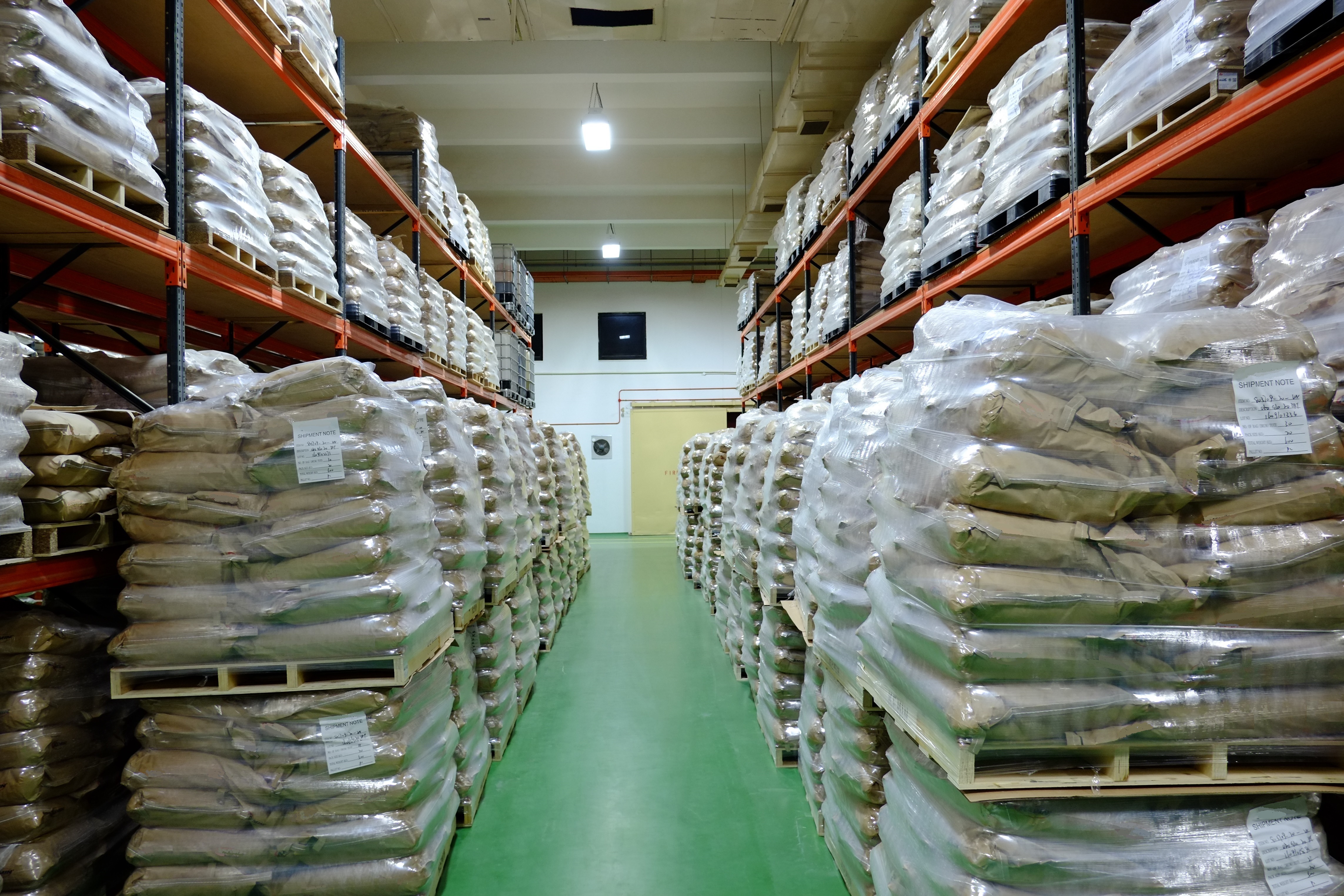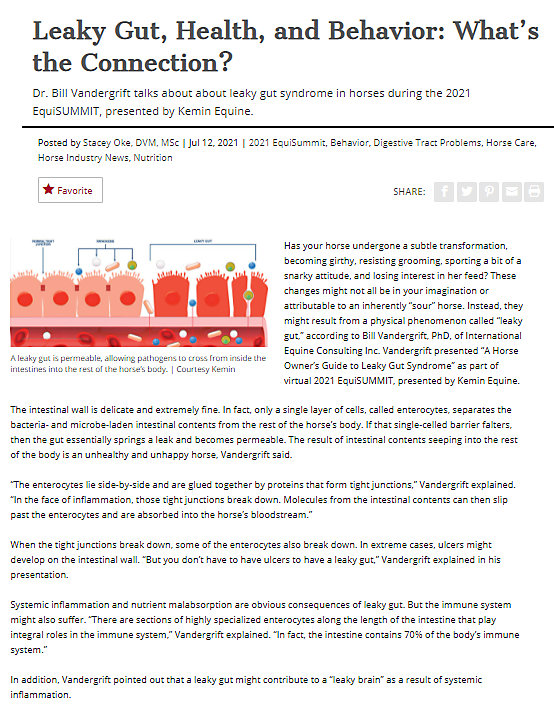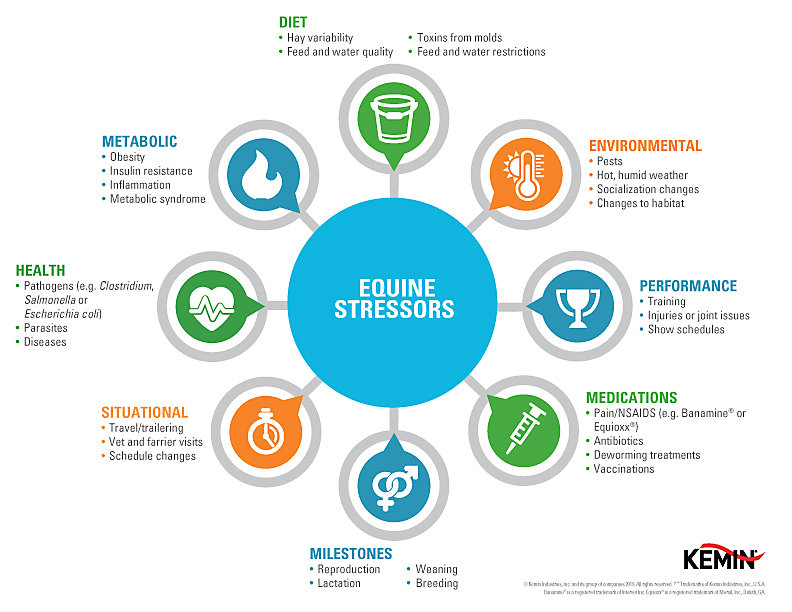What can you do about stress?
The best way to take a proactive approach or help minimize the impact of stress is through good nutrition, proper management and attention to gut health. Feeding nutrients that support gut health can help mitigate the everyday "slow leak" and improve your horse's health and wellbeing.
Kemin has been a proactive leader within the gut health industry. But using decades of scientific research, thorough testing and customer feedback, Kemin created a product platform to help equine owners support gut health and performance:
ButiPEARL® Z EQ: A combined organic acid and nutrient that promotes intestinal barrier strength
KemTRACE® Chromium: A highly bioavailable, organic source of chromium that helps improve glucose utilization and reduce the negative impacts of stress
CLOSTAT®: Contains PB6, a naturally-occurring probiotic that inhibits pathogen growth and restores microbial balance
Aleta™: A 1,3-beta glucan that supports immune function
Buy Now Page
Additional Resources














